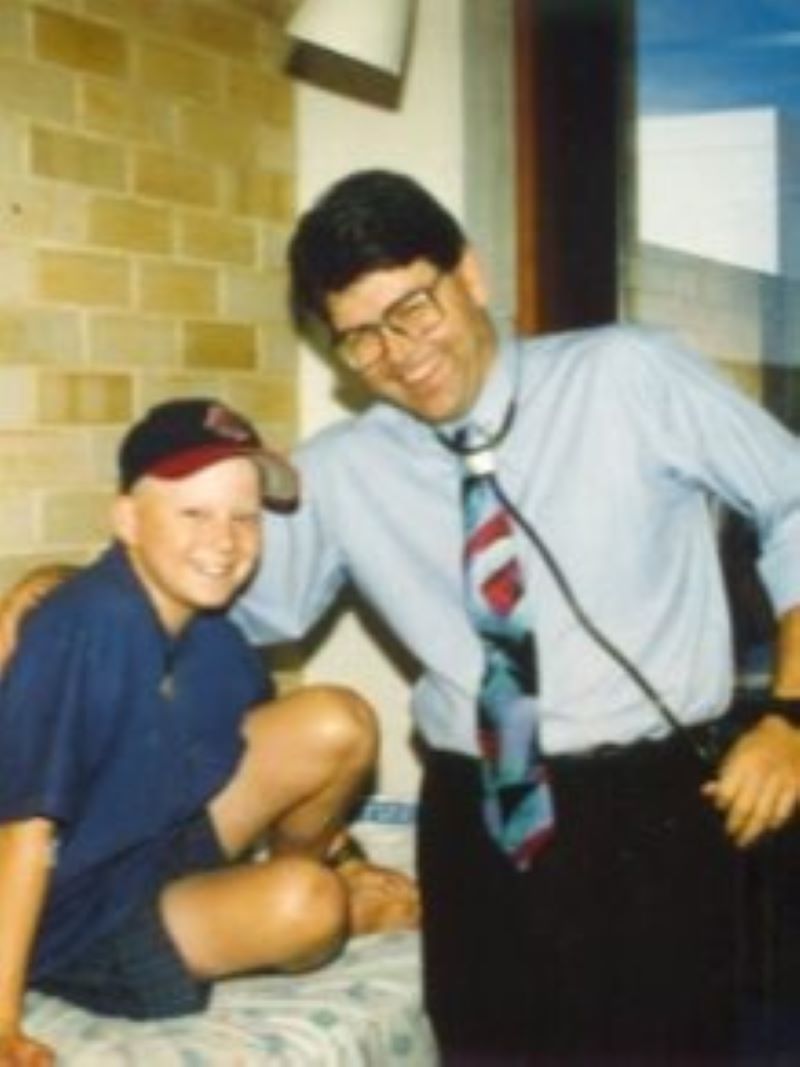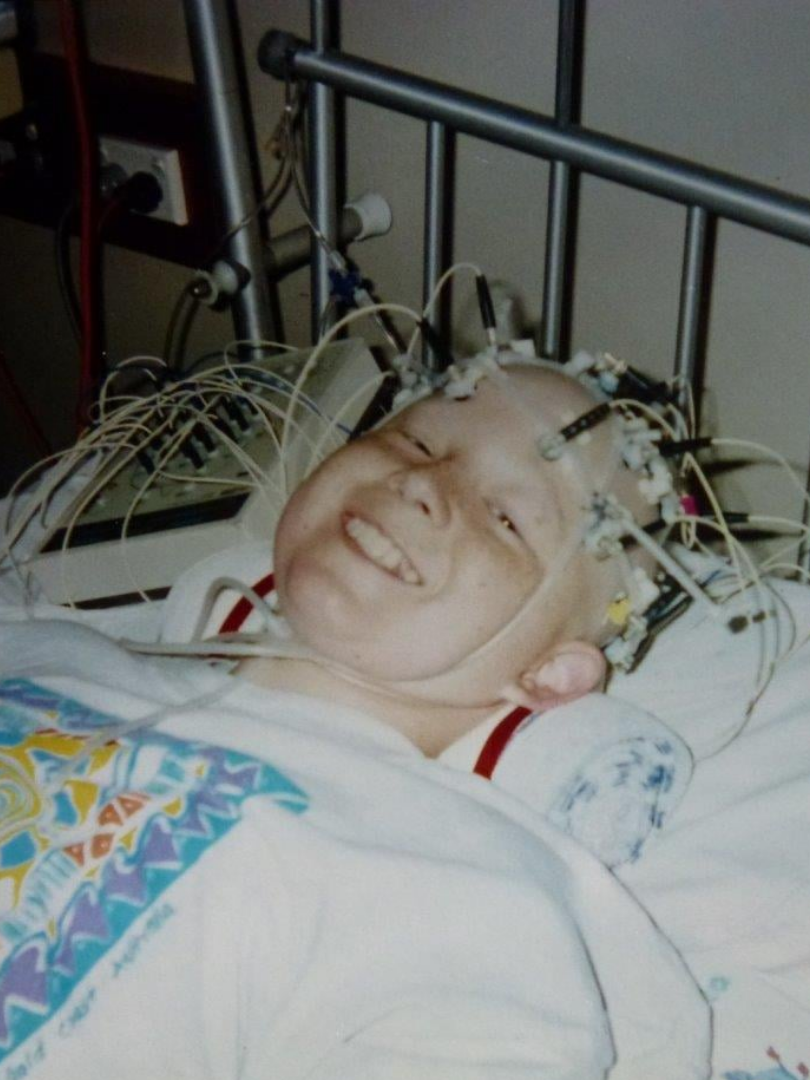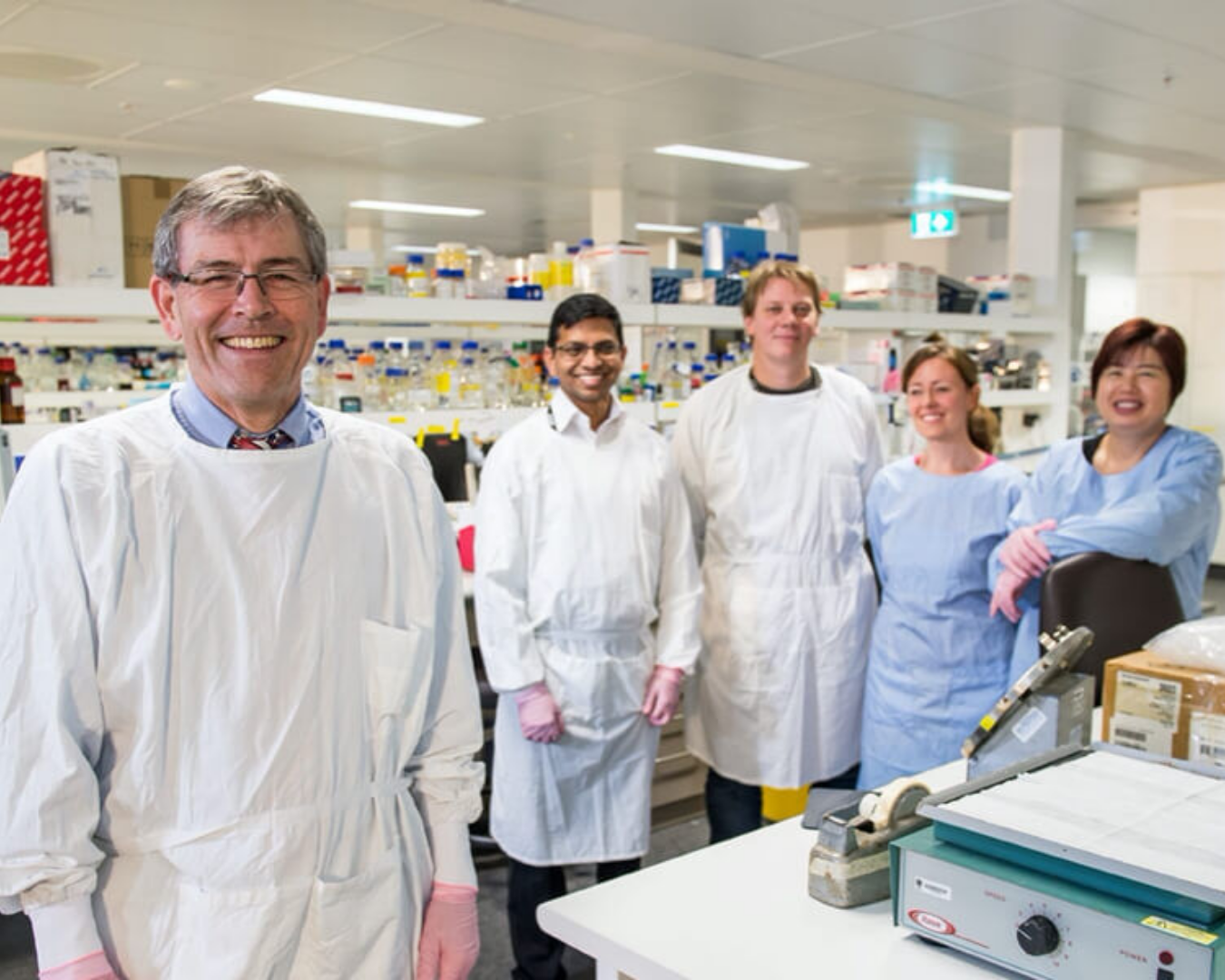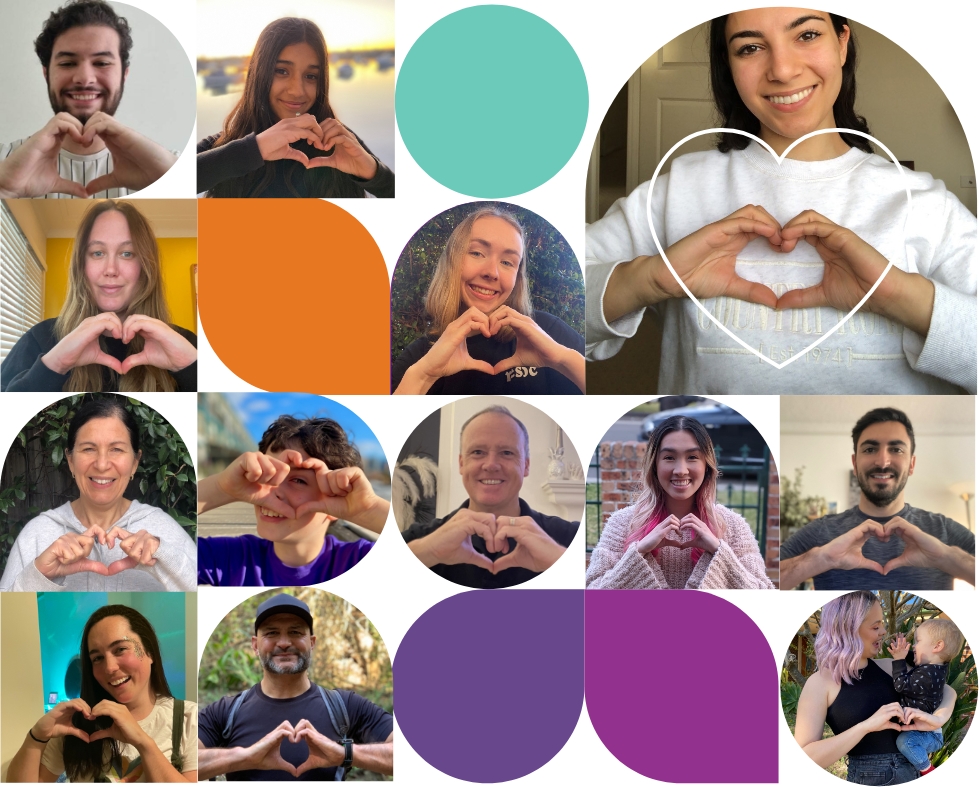For 25 years, the Steven Walter Research Laboratory, led by Professor Glenn Marshall, has been working to change the future for children and young people with cancer. Based at the Children’s Cancer Institute, the lab is named after Steven Walter, a young man who fought cancer for eight years before passing away at just 19. In his final days, Steven asked his family and friends to keep raising money for childhood cancer research, “so that one day no other kid would have to go through what I’ve been through."
That wish continues to inspire groundbreaking work today.
While cancer treatments have improved over the years, many children are still treated with the same chemotherapy drugs, based only on the type of cancer they have. This “one-size-fits-all” approach can be incredibly tough on young bodies, often causing harsh side effects and, sadly, is not always successful.
We have learnt every child’s cancer - even with the same name - is different. Each child’s cancer is composed of thousands of different cancer cell types with the ability to mutate and change when faced with the stress of chemotherapy.
That’s where Professor Marshall’s team is making a difference. They’re leading the way in developing personalised cancer treatments designed specifically for children. Instead of treating the cancer type, they look closely at how each child’s cancer behaves - even down to single cancer cells - to understand what’s really driving it. They use this knowledge of the driver genes to select individualised targeted drug treatments.


The team is also searching for new drug combinations that can attack cancer cells that resist standard treatments. They have discovered a new drug inhibitor for a common cancer driver gene in embryonal children’s cancer called MYCN. This is a world first.
They’re going even further, asking whether we could prevent childhood cancer before it even starts. Their research is exploring how genetics, early-life environments, and even factors during pregnancy, might play a role in triggering cancer in early childhood. In models of neuroblastoma, they are beginning to show important aspects of the nutrient environment may transform pre-cancer cells into cancer.
At the same time, the lab is committed to the future of the field. They’re training the next generation of childhood cancer researchers to continue this vital work in the years ahead.
Thanks to Professor Glenn Marshall and the team at the Steven Walter Research Laboratory, the future for children and young people with cancer is looking brighter. Their work is helping them not only survive cancer but also live healthier, fuller lives after treatment. Every breakthrough brings us closer to fulfilling Steven Walter’s wish: a world where no child has to face the pain of cancer.
You can support the incredible work of the Steven Walter Research Laboratory.












